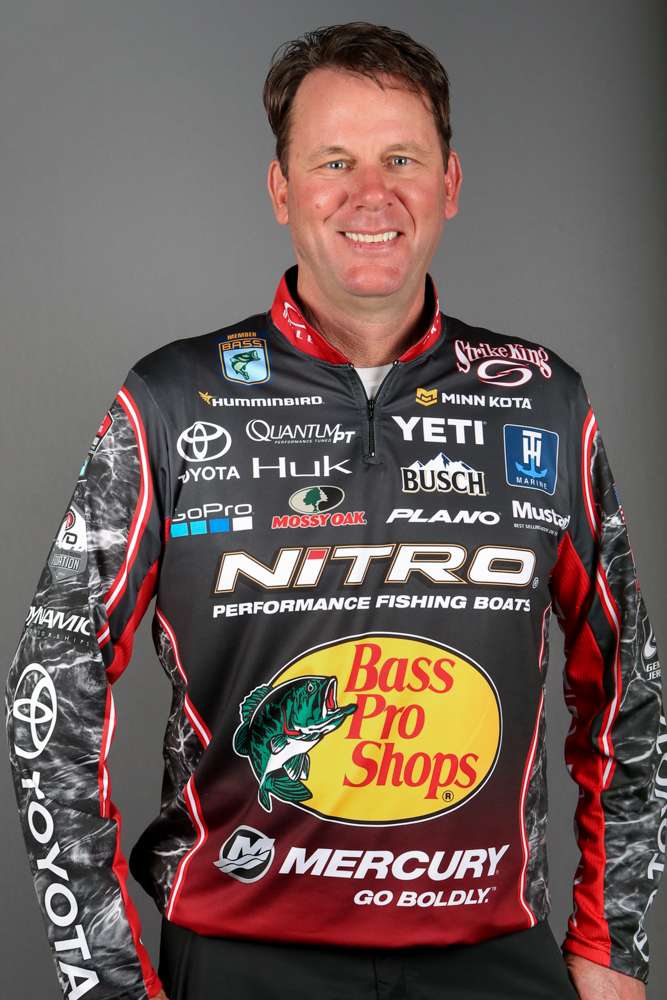Have you noticed that a lot of the top Bassmaster Elite Series pros also are very good deer hunters?
That’s because the two sports are similar in a lot of ways.
One reason I love to hunt is because I enjoy the challenges of trying to pattern the deer, much the same way anglers pattern bass. I think that other Elite pros who hunt will tell you the same.
Both species are dictated by their environment – weather, food sources, changing conditions, etc. You have to be fully aware and leave nothing to chance if you’re going to be successful.
I’ve hunted all my life, but my opportunities to spend time in the woods in recent years have been limited due to business commitments during the fall. Our bow season opened Oct. 1 in Michigan, and I’ve only been in the tree stand twice – and never saw a deer.
But, again, it’s like bass fishing. You have to spend time in the woods to get a true feel of what the deer are doing and how to hunt them. There’s no substitute for spending time on the water or in the woods to sharpen your senses as to what is going on.
Like top-notch competitive anglers, the best deer hunters have an acute awareness of their surroundings and strong perception skills. They know how to read terrain and pick up the subtle details around them that puts them in position to kill a trophy deer.
Just about anyone can go deer hunting and kill a deer, just as they can go bass fishing and catch fish. But what we’re talking about here is like the difference between being a good club fisherman vs. competing on the Bassmaster Elite Series. Quality trumps quantity in most of our events.
Mature whitetails are very similar to mature bass in that they adapt differently to their environment than the younger, less woods-wise animals. It’s the same way with older bass that take fewer chances than smaller fish.
Hunting pressure affects both species similarly. You can go to Guntersville on a Wednesday night and catch bass just about anywhere, but go there on a weekend after Elite Series pros have scoured the lake for three days, and it gets tougher.
It’s the same with whitetails in the woods after the season opens. It’s not that difficult to find 1- or 2-year old bucks, but those 3- to 5-year olds have seen it all. They get very nocturnal, and you have to really be dialed in to get lucky enough to shoot one.
Of course, there is one time of the year when big bass are more vulnerable to angling and that’s during the spawn. By the same token, the rut (mating season) is when big bucks drop their guards.
It’s that challenge – just like the challenge we face at trying to win an Elite event – that drives the successful sportsmen.
We thrive on it!
Remember, it’s all about the attitude!
Kevin VanDam’s column appears weekly on Bassmaster.com. You can also find him on Facebook and Twitter.

